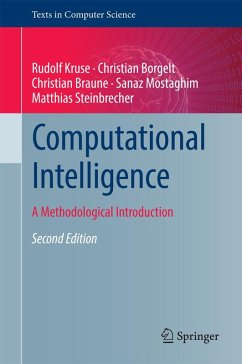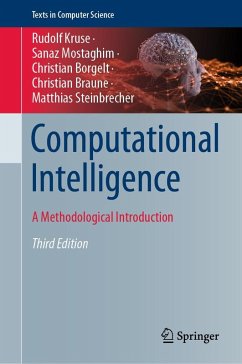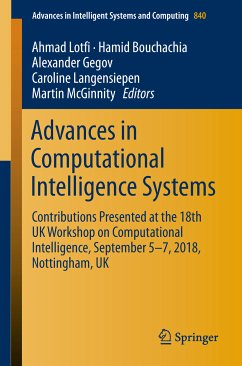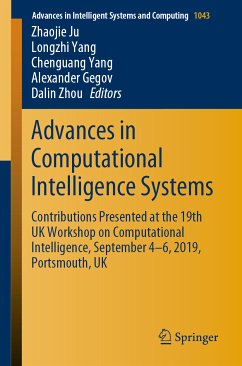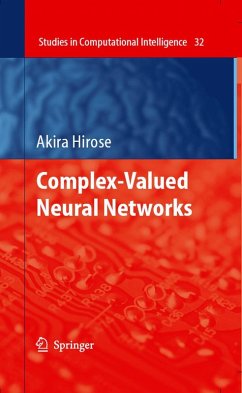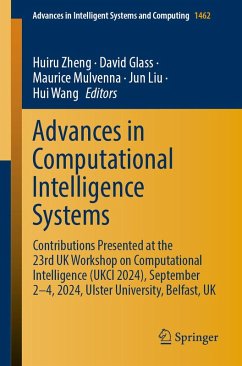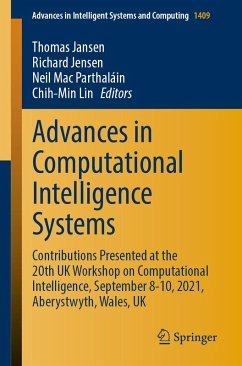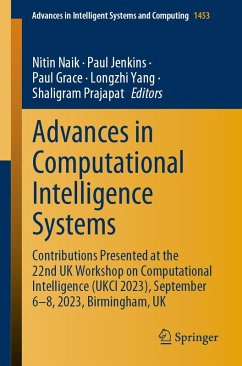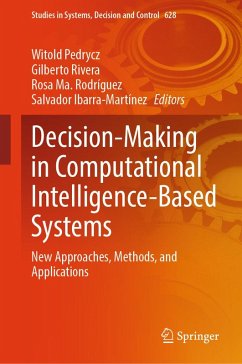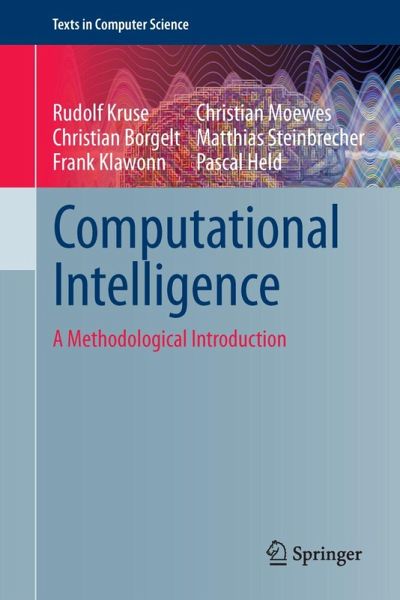
Computational Intelligence (eBook, PDF)
A Methodological Introduction
Versandkostenfrei!
Sofort per Download lieferbar
48,95 €
inkl. MwSt.
Weitere Ausgaben:

PAYBACK Punkte
24 °P sammeln!
This clearly-structured, classroom-tested textbook/reference presents a methodical introduction to the field of CI. Providing an authoritative insight into all that is necessary for the successful application of CI methods, the book describes fundamental concepts and their practical implementations, and explains the theoretical background underpinning proposed solutions to common problems. Only a basic knowledge of mathematics is required. Features: provides electronic supplementary material at an associated website, including module descriptions, lecture slides, exercises with solutions, and ...
This clearly-structured, classroom-tested textbook/reference presents a methodical introduction to the field of CI. Providing an authoritative insight into all that is necessary for the successful application of CI methods, the book describes fundamental concepts and their practical implementations, and explains the theoretical background underpinning proposed solutions to common problems. Only a basic knowledge of mathematics is required. Features: provides electronic supplementary material at an associated website, including module descriptions, lecture slides, exercises with solutions, and software tools; contains numerous examples and definitions throughout the text; presents self-contained discussions on artificial neural networks, evolutionary algorithms, fuzzy systems and Bayesian networks; covers the latest approaches, including ant colony optimization and probabilistic graphical models; written by a team of highly-regarded experts in CI, with extensive experience in both academia and industry.
Dieser Download kann aus rechtlichen Gründen nur mit Rechnungsadresse in A, B, BG, CY, CZ, D, DK, EW, E, FIN, F, GR, HR, H, IRL, I, LT, L, LR, M, NL, PL, P, R, S, SLO, SK ausgeliefert werden.



